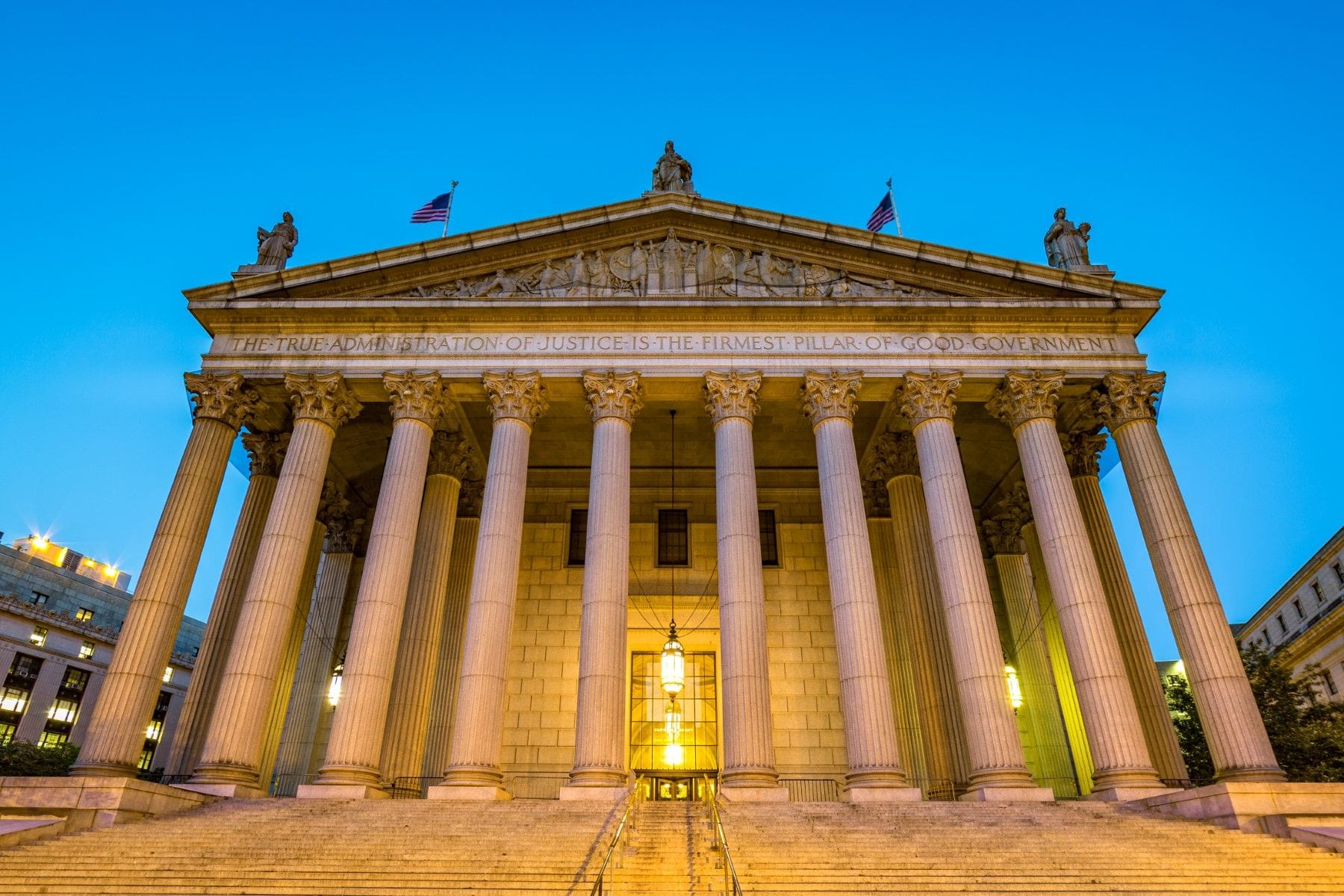New York Expert Witness Disclosure Requirements
New York requires timely and detailed expert witness disclosures to ensure fair trials, emphasizing compliance to avoid penalties and maintain judicial integrity.
Updated on
In this article
When Are Expert Witness Disclosures Required in New York?
In New York, the timing for expert witness disclosures is governed by the New York Civil Practice Law and Rules (CPLR) and case-specific scheduling orders. Typically, expert disclosures must be made within a timeframe set by the court, often outlined in a preliminary conference order. Under CPLR 3101(d)(1)(i), parties are required to disclose expert witnesses upon request at least 30 days prior to trial. This rule mandates initial disclosure deadlines, ensuring both parties have adequate time to prepare their cases.
Supplemental disclosures must be made if there are changes to an expert's opinions or if new information arises. The timing for these updates can also be dictated by case-specific orders, but generally, they should be provided as soon as practicable after the new information becomes available. Courts in New York emphasize the importance of adhering to these timelines to prevent any unfair advantage and to maintain the integrity of the judicial process.
Information That Must Be Included in the Disclosure
Expert witness disclosures in New York must be comprehensive, detailing several critical elements to comply with CPLR 3101(d)(1)(i). These disclosures must include:
- Expert Qualifications: A detailed account of the expert’s qualifications, including education, training, and experience relevant to the case.
- Opinions: A summary of the expert’s opinions that they are expected to testify on, ensuring clarity on the scope of their testimony.
- Bases for Opinions: A description of the facts, data, and methodologies the expert used to form their opinions.
- Data Considered: A list of the documents, evidence, or other materials reviewed by the expert in reaching their conclusions.
- Fee Structures: Information on the expert's compensation, which may impact the credibility of their testimony.
- Prior Testimony: A history of the expert's prior testimony in similar cases, highlighting any patterns or potential biases.
These components ensure that both parties have a fair opportunity to assess the credibility and relevance of the expert’s testimony.
Supplementing and Amending Expert Disclosures
The duty to supplement or amend expert disclosures in New York is crucial to maintaining transparency and fairness. Parties must update their disclosures if there are significant changes to the expert's opinions or if additional information becomes available that impacts their testimony. The CPLR mandates that these updates occur promptly to avoid prejudicing the opposing party.
Failure to supplement appropriately can lead to severe consequences, including the exclusion of the expert’s testimony or other sanctions. Courts have consistently held that timely supplementation is essential to the adversarial process, as seen in cases like Kihl v. Pfeffer, where the court emphasized the necessity of adhering to disclosure obligations.
Consequences of Failing to Properly Disclose an Expert
Non-compliance with expert disclosure requirements in New York can lead to a range of penalties. The most immediate consequence is the potential exclusion of the expert’s testimony, which can significantly weaken a party's case. Courts may also entertain motions to strike the expert from the witness list, further limiting the available evidence.
Additionally, parties may face sanctions, including monetary penalties or adverse inference instructions to the jury. These punitive measures underscore the importance of adherence to disclosure rules. The broader litigation risks include increased legal costs and the potential for an unfavorable outcome due to a weakened evidentiary position.
State-Specific Rules and Key Considerations
New York's expert witness disclosure rules, while similar in some respects to the Federal Rules of Civil Procedure (FRCP), have distinct nuances. Notably, CPLR 3101(d)(1)(i) does not require a detailed expert report akin to the FRCP but instead focuses on a comprehensive disclosure of the expert’s intended testimony.
Practitioners must remain vigilant of local court rules and any specific directives issued by the presiding judge. For instance, certain judicial districts or individual judges may impose more stringent requirements or shorter timelines for disclosures. Understanding these local variations is critical for effective case management and strategic planning.
In conclusion, navigating the expert witness disclosure rules in New York requires careful attention to statutory requirements and judicial expectations. By ensuring timely and thorough disclosures, legal professionals can safeguard against adverse procedural outcomes and enhance their advocacy efforts in complex litigation.


